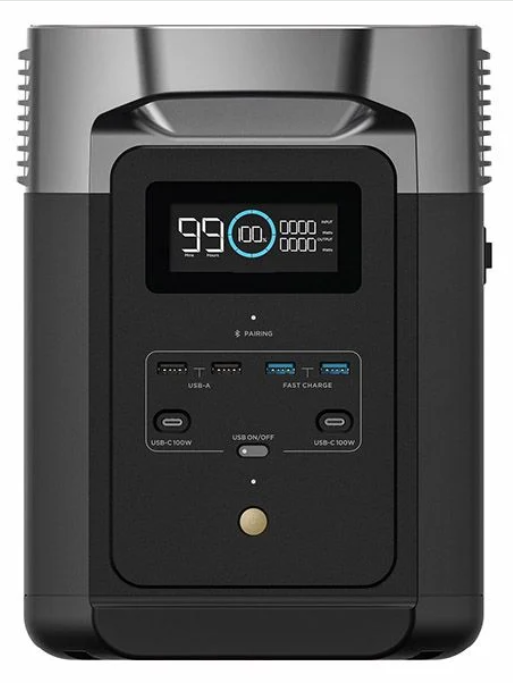Off-grid standing
Off grid with your camper. This means that you stay with your camper in a place without using facilities such as electricity, water or sewage of a campsite or camper place. You are then completely self-sufficient.
People choose this to experience more freedom, to be able to stand in remote places and to be closer to nature. It does require some preparation and good equipment.
Le Tréport - Normandy
Examples of off-grid
In a forest or nature reserve: For example, in a quiet place in Scandinavia or Eastern Europe, where "wild camping" is often allowed. You are then in the middle of nature, without neighbors or facilities.
Along a remote mountain road: Think the Alps or the Pyrenees, where you can spend the night in a quiet spot with a view of the mountains – often with just you, your camper and the stars.
On a deserted beach or cliff: In countries like Greece, France or Portugal there are places where you can stay close to the sea, without a campsite or other infrastructure.
On your own property or at a farmer's: Some people have a piece of land where they can stay off-grid. Or you can use platforms such as "Camperplaatsen bij de boer" or "France Passion" to stay on someone's property - often without facilities, but with permission.
In the desert or a steppe area: For example in Morocco or southern Spain. Large open spaces, no power poles in sight, and complete independence.
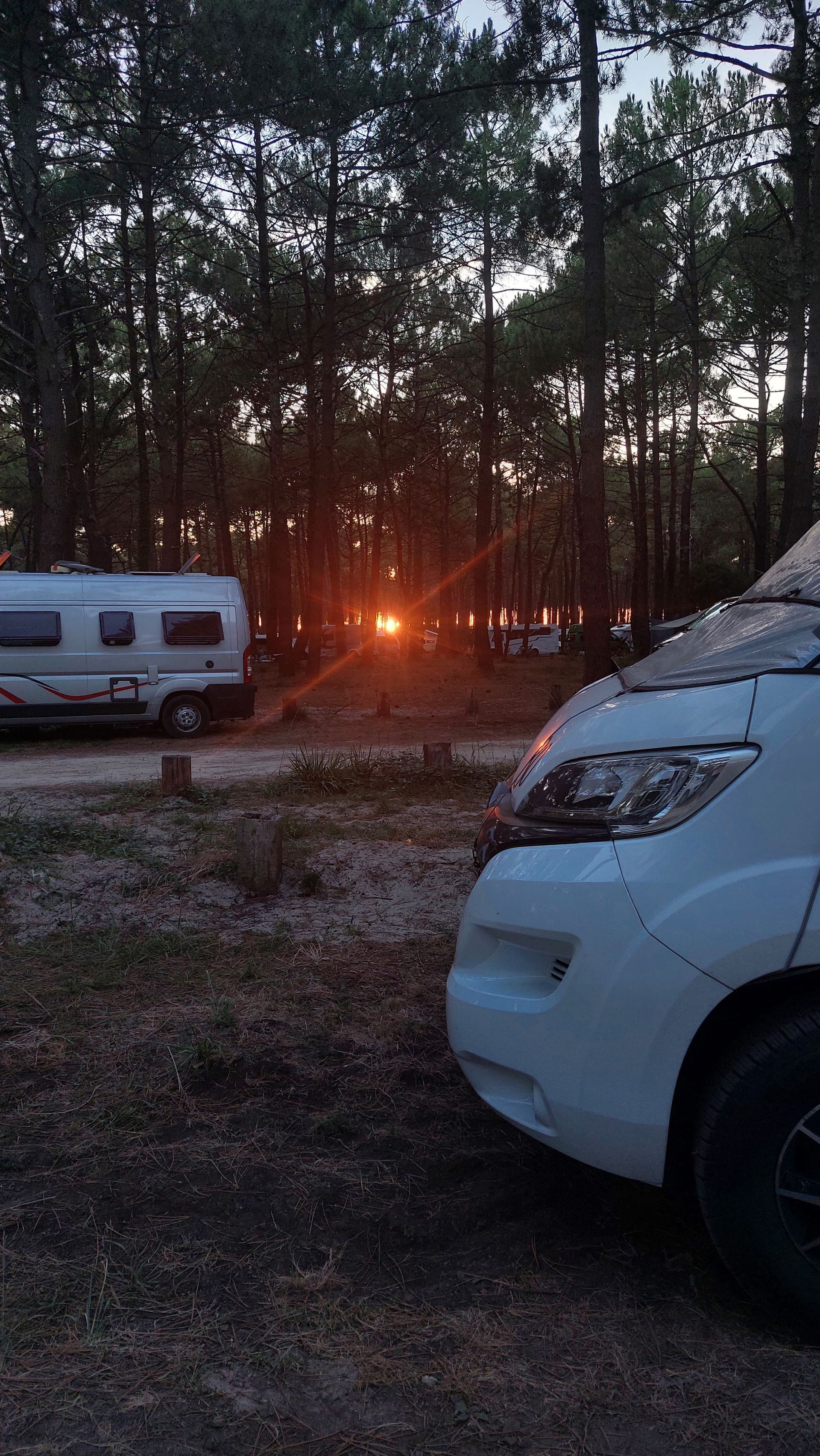
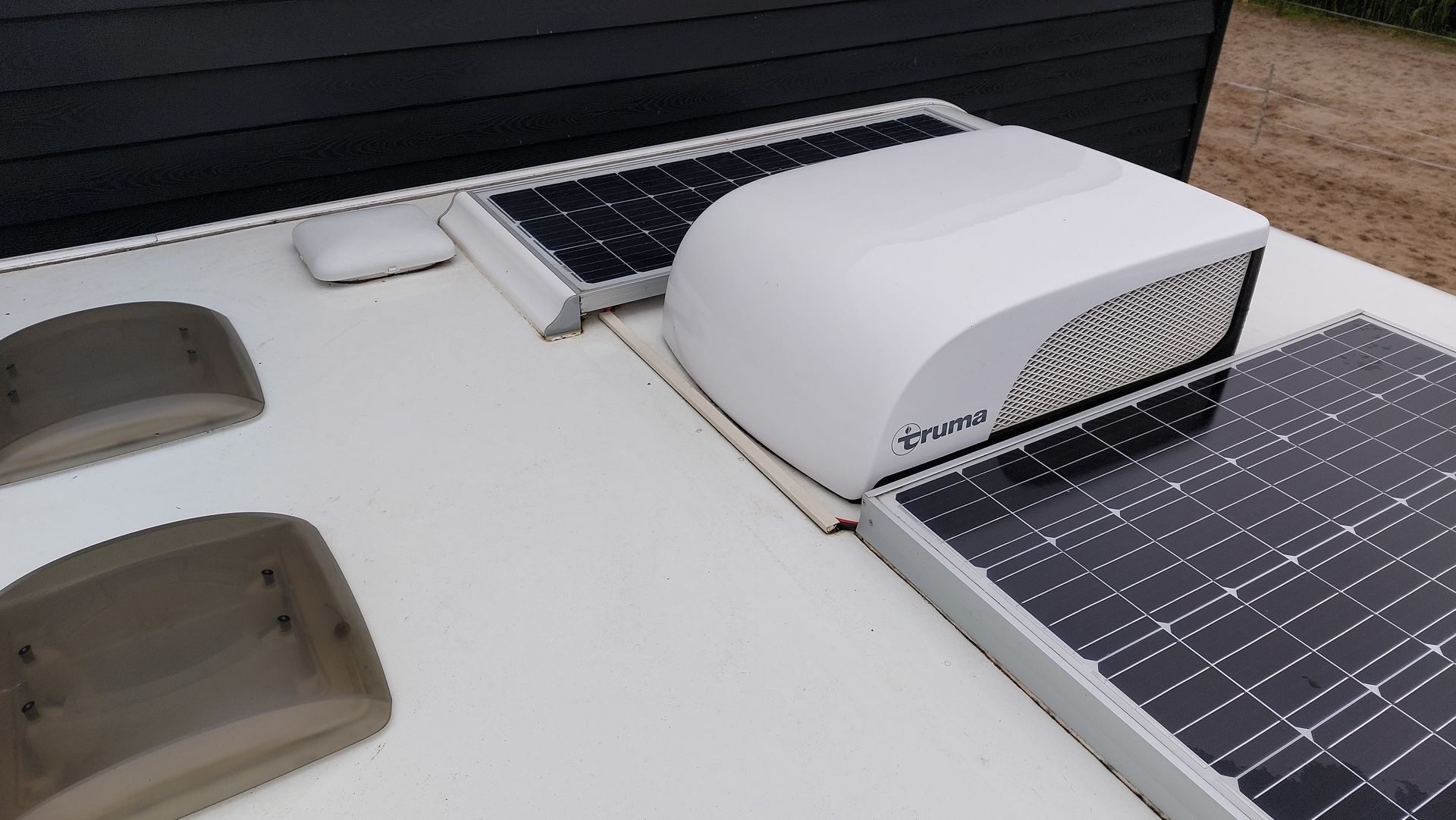
Solar panels
Solar panels stand for freedom and independence. You are no longer dependent on power supplies at campsites or parking lots. Ideal for wild camping or traveling to remote areas.
Sustainable & environmentally friendly: You generate your own green energy, which contributes to a smaller ecological footprint.
Saves costs in the long run: You pay less for powered pitches and you extend the life of your batteries by keeping them fully charged.
Silent power generation: Unlike generators, solar panels do not make any noise.
What do you need?
Solar panels (fixed or flexible):
Usually mounted on the roof.
Or they are foldable.
Laadregelaar (MPPT of PWM):
Ensures that your batteries are charged safely and efficiently.
Battery (often AGM/lead or lithium):
Stores the generated current.
Converter (optional):
Convert 12V to 230V if you want to use devices with a normal plug (e.g. laptop, coffee machine or kettle).
And...oh yes....Sun! Also not unimportant :)
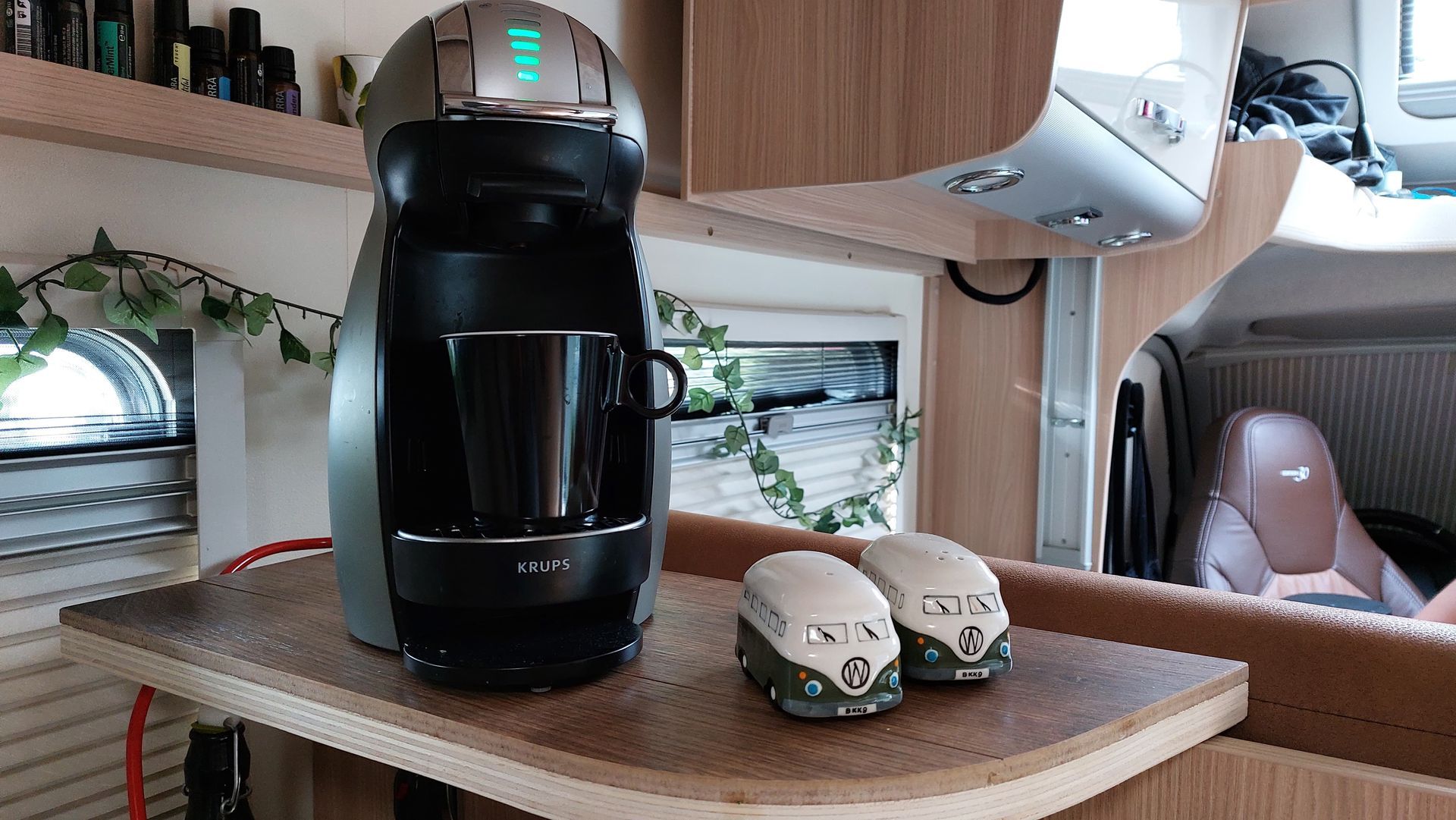
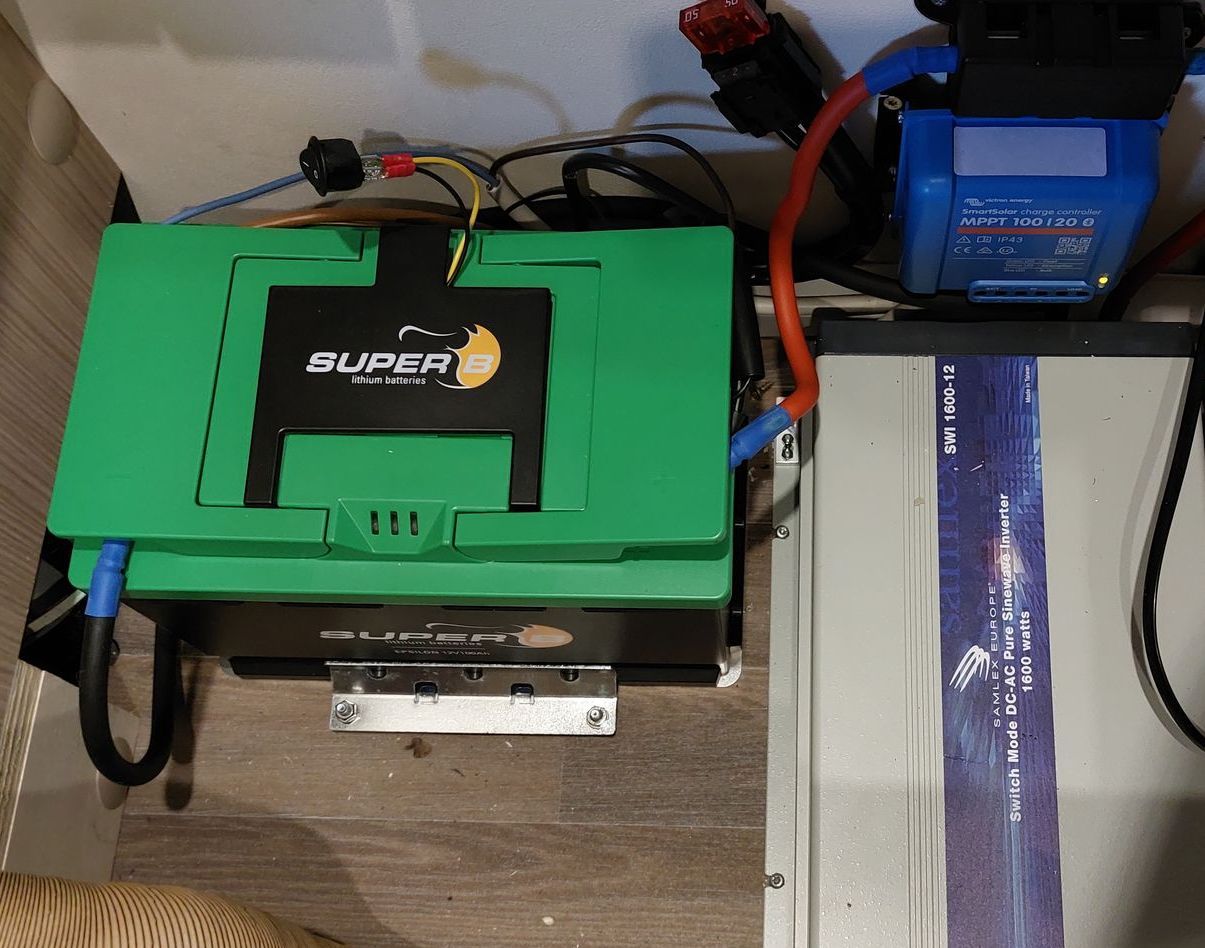
The household battery
The domestic battery, also called the living battery, is the beating heart of the electrical system in your camper - apart from the starter battery. Everything you use on board, such as lighting, refrigerator, water pump, USB chargers or even an inverter, usually runs via this battery.
How is this battery charged?
You can charge your battery during the day with sunlight using a solar panel/panels with a charge controller.
Via the dynamo of your engine. While driving, the dynamo also charges the domestic battery, often via a charging booster. A charging booster is more reliable for modern engines (Euro 5/6) with smart dynamos.
230V mains power:
For example, at the campsite or at your doorstep. You can charge your household battery using a battery charger when you are connected to a power pole or at home in the wall socket.
Power stations
The rise of power stations (also called "portable batteries") has really boomed in recent years – they are an attractive alternative (or addition) to the classic domestic battery installation in a camper.
What is a power station?
- A power station is an all-in-one energy solution: A large lithium battery combined with:
- 12V outputs (cigarette plug, etc.). USB-A and USB-C ports
- 230V socket via built-in inverter
- Built-in battery charger, MPPT solar controller.
Became popular due to its ease of use.
- No hassle with wiring, fuses or installation.
- Flexible and portable - You can use them indoors, place them outside, put them in your van or even take them to the beach or garden.
- Versatile charging options such as charging via mains power, solar panel or even via the cigarette lighter in your car.
- Rapid development & innovation.
- They are getting cheaper (relatively speaking). Prices are dropping while capacity and charging possibilities are increasing.
Who would benefit from a power station?
- Campers who do not want to install a permanent household battery.
- People with a van or tent who want electricity.
- Campers looking for additional power capacity (e.g. for charging e-bikes).
- In case of emergency power at home (blackouts, emergencies).
